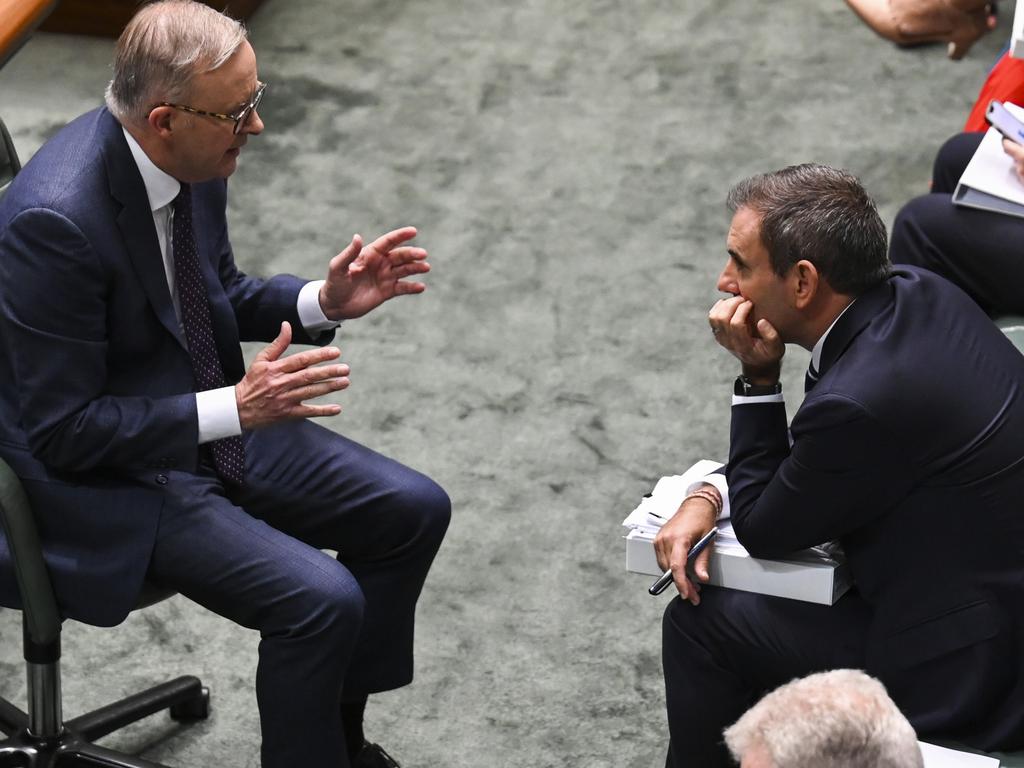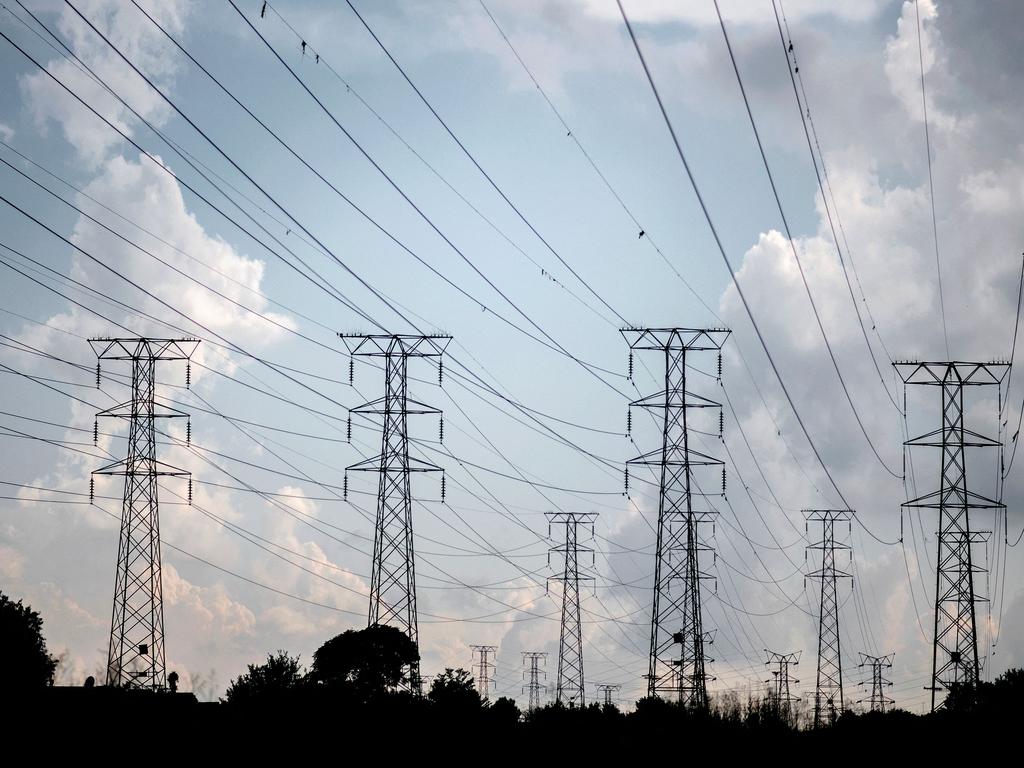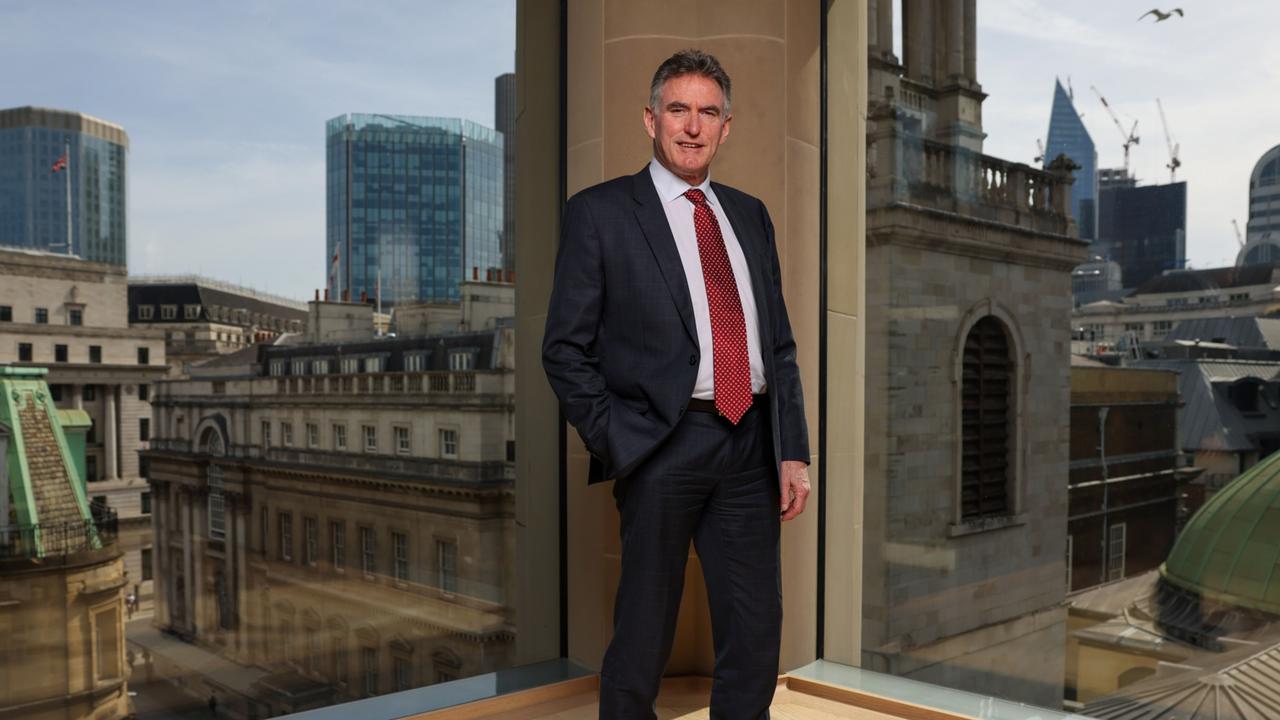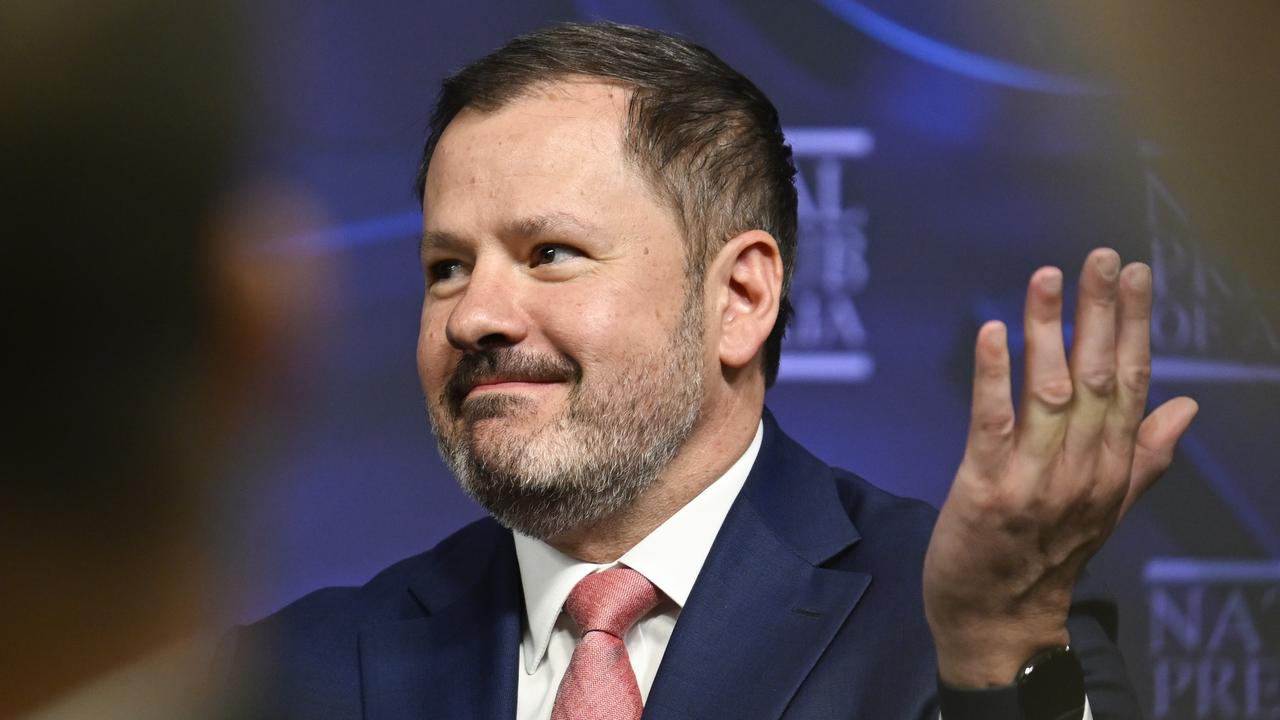Monetary policy blunt and brutal as RBA plays catch up
Philip Lowe was caught on the hop by rampant inflation. One way or another, we’re all paying the price for the biggest policy miss in a generation.
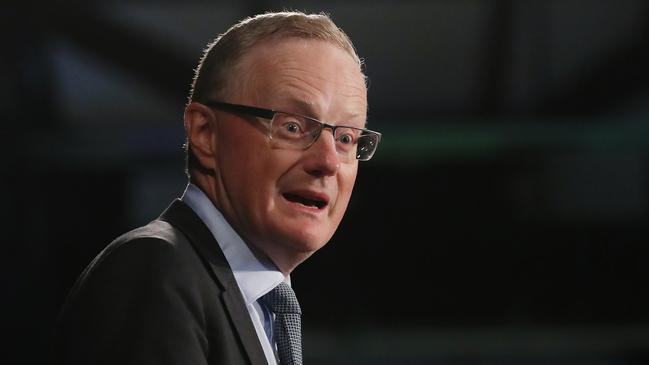
Philip Lowe was caught on the hop by rampant inflation. One way or another, we’re all paying the price for the biggest policy miss in a generation.
He wasn’t alone in the central banking fraternity to read the play incorrectly, but since May last year the besieged Reserve Bank governor has been playing catch up.
Nine increases in the cash rate and counting, it’s one of the most aggressive tightenings in the rich world, especially when you see how quickly hikes are passed on to most borrowers, who are on variable rates.
After Switzerland, Australia has the most leveraged households in the world, with consumer debt of about 120 per cent of our gross domestic product. Still, there’s a nagging worry at Martin Place about inflation being stronger for longer than previously thought.
Inflicting pain on a few to protect the economy from the ravages of runaway inflation is the RBA’s duty: monetary policy is blunt and brutal.
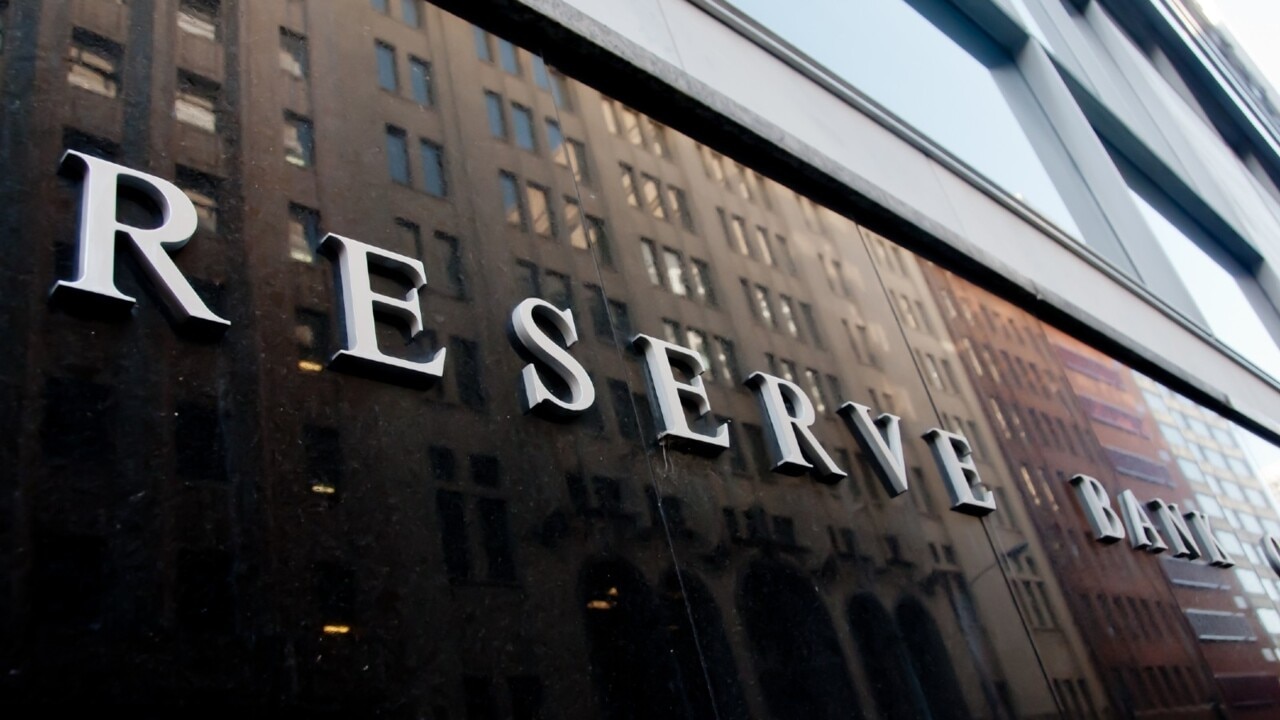
More interest rate rises in coming months will hurt borrowers, in fact anyone with skin in the housing and retail game, as economists anticipate home values could plunge by as much as 20 per cent from their peak just 10 months ago.
The drop in wealth will mean a loss in confidence, weaker demand, and an easing in inflation. That should bring a pause in the pain, as the RBA surveys the damage to the real economy and wages and prices.
Some think the central bank has done enough, given the long lags and number of fixed-rate borrowers on short-terms about to have their loans rolled over this year. We saw that in the sound bites from Anthony Albanese’s ministers after Tuesday’s move. Enough!
The bill shock will be profound for those without buffers or not paying enough attention, and people who have negative equity on paper.
The nightmare scenario is if inflation gets a second wind. If that happens, Lowe and the economy will be biting the dust.


